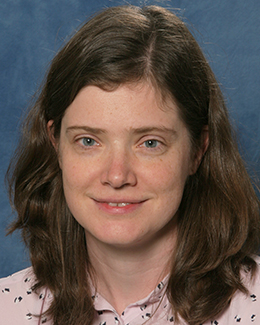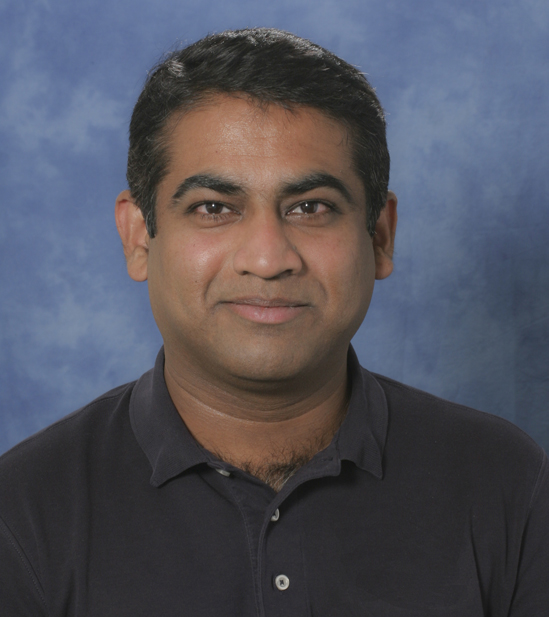Carter and Reddy join LPL Faculty
 At the beginning of October, Dr. Lynn Carter joined LPL as an Associate Professor, as part of the Earth Dynamics Observatory cluster hire. Lynn is a planetary scientist whose research interests include volcanism and impact cratering on the terrestrial planets, regolith development on the Moon and asteroids, outer Solar System moons, planetary analog field studies, climate change, and the development of radar remote sensing techniques. Lynn was previously a Civil Service research scientist at NASA Goddard Space Flight Center for six years, where she began working with engineers on the development of a beamforming polarimetric radar system for orbital spacecraft. She is co-I on three spacecraft radar instruments: SHARAD on Mars Reconnaissance Orbiter, RIMFAX on the Mars2020 rover, and REASON on the Europa Flagship mission. She also recently became the Deputy PI of the Mini-RF radar on Lunar Reconnaissance Orbiter. In addition to multiple current planetary geology projects, she has become interested in Earth science research and is part of a project to study permafrost loss in Alaska using a combination of ground penetrating radar, in-situ carbon and methane monitoring, and orbital atmospheric constituent retrievals. At LPL she plans to continue to pursue interdisciplinary projects using geophysical remote sensing techniques.
At the beginning of October, Dr. Lynn Carter joined LPL as an Associate Professor, as part of the Earth Dynamics Observatory cluster hire. Lynn is a planetary scientist whose research interests include volcanism and impact cratering on the terrestrial planets, regolith development on the Moon and asteroids, outer Solar System moons, planetary analog field studies, climate change, and the development of radar remote sensing techniques. Lynn was previously a Civil Service research scientist at NASA Goddard Space Flight Center for six years, where she began working with engineers on the development of a beamforming polarimetric radar system for orbital spacecraft. She is co-I on three spacecraft radar instruments: SHARAD on Mars Reconnaissance Orbiter, RIMFAX on the Mars2020 rover, and REASON on the Europa Flagship mission. She also recently became the Deputy PI of the Mini-RF radar on Lunar Reconnaissance Orbiter. In addition to multiple current planetary geology projects, she has become interested in Earth science research and is part of a project to study permafrost loss in Alaska using a combination of ground penetrating radar, in-situ carbon and methane monitoring, and orbital atmospheric constituent retrievals. At LPL she plans to continue to pursue interdisciplinary projects using geophysical remote sensing techniques.Dr. Vishnu Reddy joined LPL this fall as an Assistant Professor as part of space situational awareness cluster. Vishnu is a planetary spectroscopist with an interest in understanding the behavior of natural and artificial space objects using a range of remote sensing techniques and sensors. Prior to LPL, he worked as a research scientist at Planetary Science Institute, and as research faculty at the University of North Dakota working on ground-based physical characterization of near-Earth objects. He also worked as a scientist on NASA Dawn mission as a member of the Framing Camera team at the Max-Planck Institute for Solar System Research, Germany. At LPL, he will develop a new spectroscopy lab focused on characterizing space material in space-like conditions for both civilian and military uses, as well as exploring new ways to do low-cost planetary missions.


